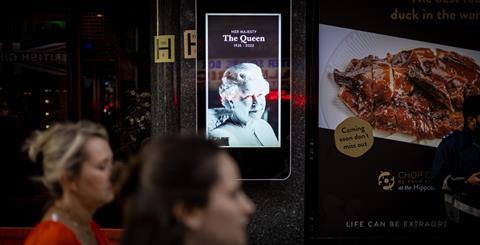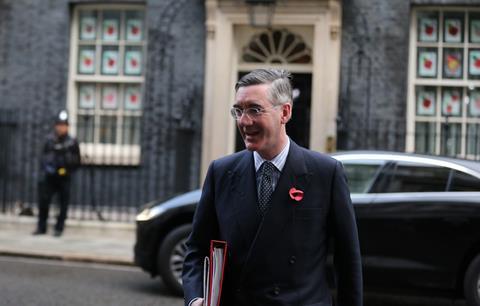Wholesale price of electricity expected to be set at £211 per MWh
The government has set out its plans to establish a supported price for wholesale gas and electricity for an initial six months.
Two weeks ago, prime minister Liz Truss promised businesses an “equivalent guarantee” on energy bills to the one offered households, but little detail has since been forthcoming as major policy announcements were side-lined following the death of Queen Elizabeth II.
Today the government announced that it would discount wholesale gas and electricity prices for non-domestic customers – businesses, charities, and public sector organisation – with the supported wholesale price expected to be set at £211 per MWh for electricity and £75 per MWh for gas, less than half the wholesale prices anticipated this winter.

Customers will be eligible for the discount, which includes the removal of green levies, as long as they agreed their contract on or after 1 April and the wholesale element of the price is above the government supported price.
Firms that enter new contracts after 1 October will receive support on the same basis.
Those on default, deemed or variable tariffs will receive a per-unit discount up to a maximum of the difference between the supported price and the average expected wholesale price over the period of the scheme.
The government anticipates this maximum discount to be around £405/MWh for electricity and £115/MWh for gas, subject to price changes in the wholesale market.
The government is working with suppliers to ensure customer are switched to a fixed tariff for the duration of the scheme, if they wish, as those on variable tariffs, while receiving a discount, will still be susceptible to price increases.
The scheme will run for an initial six months, with a review three months in helping the government identify vulnerable users and determine how they should be supported when the scheme comes to an end in March.
Truss said the scheme would provide “certainty and peace of mind” for businesses and promised to boost the UK’s energy supply to “fix the root cause” of the energy crisis.

Business Secretary Jacob Rees-Mogg said: “We have seen an unprecedented rise in energy prices following Putin’s illegal war in Ukraine, which has affected consumers up and down the country and businesses of all sizes.
“The help we are already putting in place will save families money off their bills, and the Government’s plans for businesses, charities and public sector organisations will give them the equivalent level of support.”
Martin McTague, National Chair of the Federation of Small Businesses, said the government was delivering on the “decisive action” called for by small businesses.
He said: “With small firms the least able to avoid closure and 16 million employees relying on them, Ministers have listened to our community and got this big call right.
“Now it’s up to energy retailers to live up to the high bar set today and make sure this help reaches those on the ground.”
Stephen Phipson, chief executive of manufacturers’ organisation Make UK, said the government’s “simple to understand” plan would be warmly welcomed by businesses, but noted that prices are likely to remain high for a long period.
“Industry will need support for a longer period to protect jobs and remain competitive, so the further announcement of a review on future support at the 3-month stage is reassuring,” he said.
“We hope that this support can be made tangible as quickly as possible and not applied retrospectively at the end of the next quarter.”
The emergency legislation underpinning the scheme is set to be introduced when parliament returns from recess in October.
















No comments yet